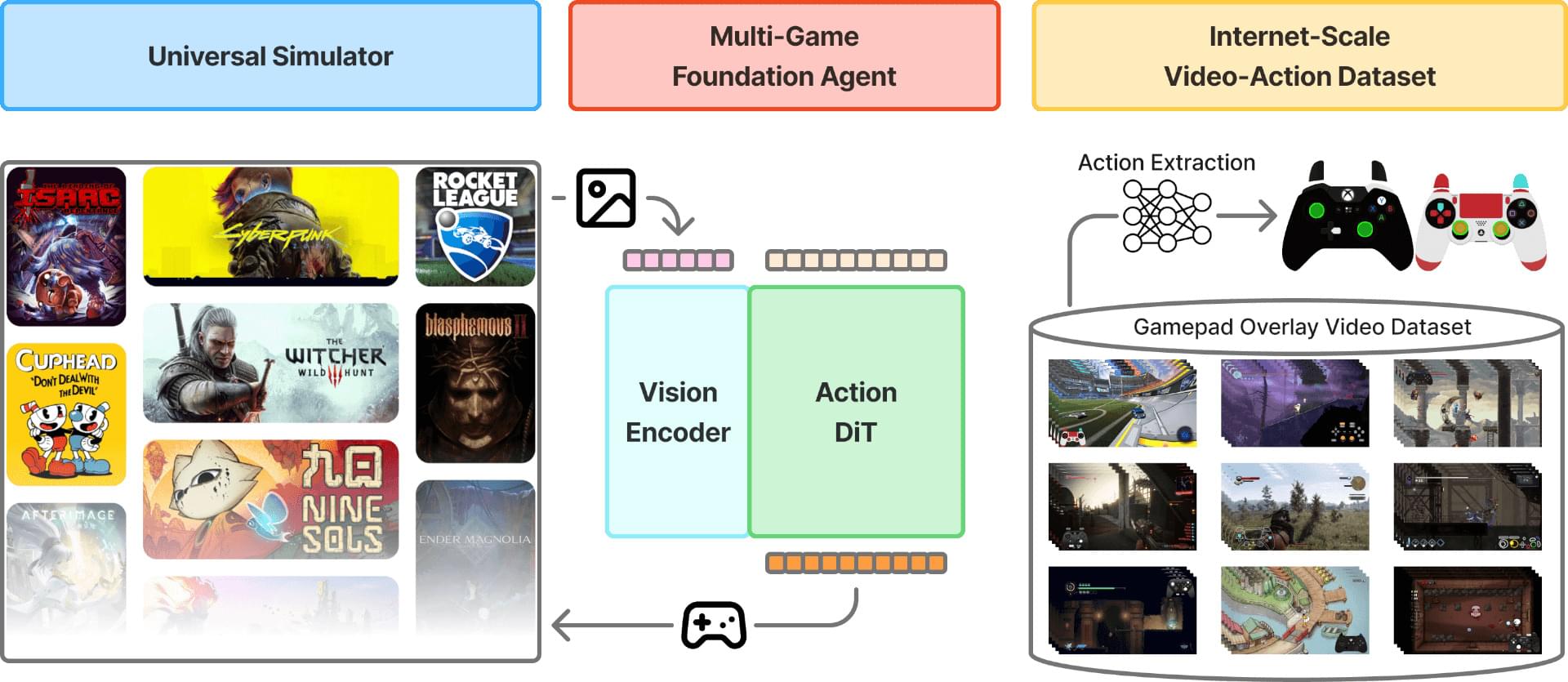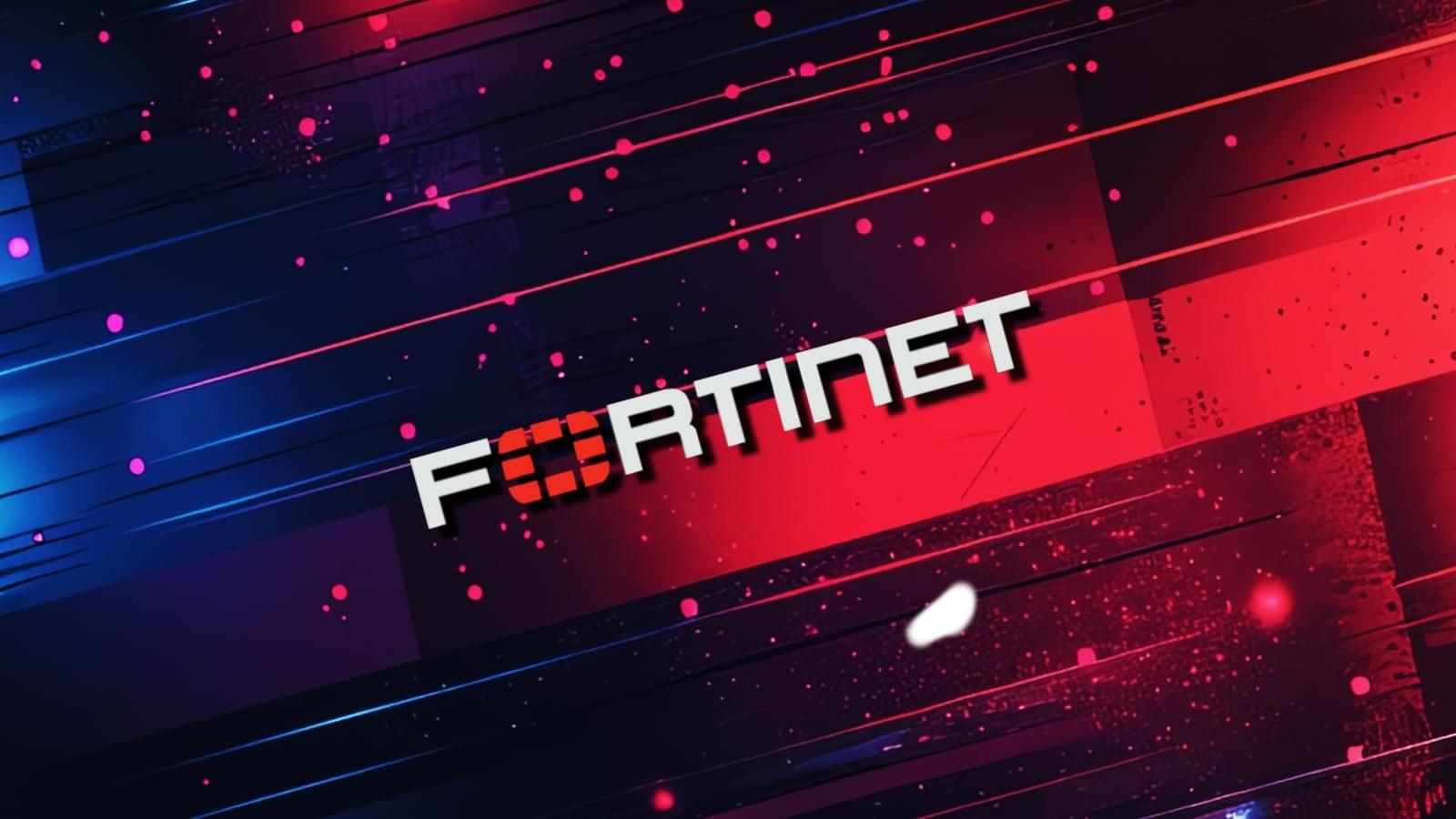You deserve an explanation, so please don’t skip this 1-minute read. It’s Sunday, December 28. Our fundraiser will soon be over, but fewer people are seeing our message this December and we’re short of our goal. If you’ve lost count of how many times you’ve visited Wikipedia this year, we hope that means it’s given you at least $2.75 of knowledge. If everyone who finds Wikipedia useful gave $2.75, we’d hit our goal in a few hours.
It’s been 25 years and Wikipedia is still free. It’s still created by people, not machines, and we don’t run ads or put up paywalls because we’re not here to make a profit off your attention. In other words, it’s still the internet we were promised.
Less than 2% of our readers donate, so if you’ve never given and Wikipedia has provided you with at least $2.75 worth of knowledge, donate today. If you are undecided, remember any contribution helps.







